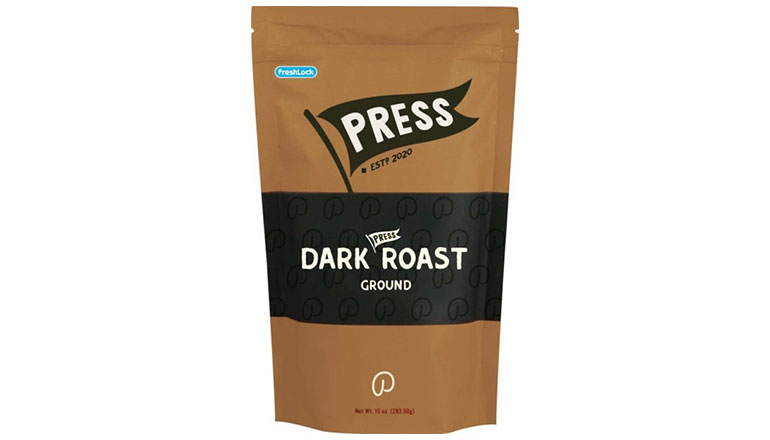
Compostable packaging offers a unique opportunity to reach consumers who value sustainability and are receptive to different options, which is why it’s a consideration for many CPG brands. There are several factors in making the switch from legacy formats to compostable.
As we continue to monitor the compostable packaging movement, here are some current insights that should help you on your journey to finding the best solution for your packaging goals.
Recyclable vs. Compostable Packaging: Why Consider Compostable?
Consumers and brands alike tend to see recyclability as the be-all end-all for achieving their sustainability goals, but some products may not lend themselves to recyclability. While the advent of mono-material constructions and compatible closures for flexible packaging has opened the door to fully recyclable pouches and the opportunity to support the circular economy, there is still the question of what will happen to the package after use.
Some products, like coffee, that leave oil and residue on packages can use compostable packaging as a sustainable alternative to recyclable materials.
For some applications, recycling isn’t the optimal path. Consumers must clean residues, oils, and product remnants from packages to avoid contaminating the recycling stream. This is an unrealistic expectation for many product types. While rigid packaging is currently easier to recover and sort, it can generate more greenhouse gases than other formats. A steel coffee can, for example, emits seven times more greenhouse gases than a standup flexible pouch (FPA) arguably mitigating the sustainability benefits of the package’s recyclability.
Is Compostable Packaging Cost Effective?
There are many benefits and new opportunities from compostable packaging. Despite the upsides, implementing compostable packaging can be challenging and costly for packagers. The infrastructure for producing compostable packaging is still catching up, and compostable materials often cost more, as they’re relatively new, and originate from different sources than common plastics.
Many companies are equipped to handle legacy package formats, and the investment required to replace machines and upgrade infrastructure for entire operations is not yet feasible. Additionally, these new packaging materials may come in at three to four times the cost of typical resins, adding to the overall investment.
To overcome this challenge, companies and brands can begin the process by adding infrastructure changes gradually. If you are considering compostable flexible packaging, look into pouch converters and contract manufacturers to learn which materials and suppliers may work best for your products and operation. For example, the Fresh-Lock team continuously tracks the development of new pouch formats & materializations to ensure our closures will complement those packages and technologies.
As the compostable packaging market and infrastructure grow, so will material supply and the ability to produce at a larger scale.
Converting Compostable Packaging Materials
The development of Fresh-Lock® zipper style 8015, an industrial compostable zipper that seals to compostable films at lower temperatures than others in the market, gave the Fresh-Lock team an opportunity to put its materials in a package converting environment. One of the key takeaways was that compostable materials set up differently from a processing standpoint than legacy petrochemical materials.
Once the materials are set up, the results of the process and package prove to have promising qualities. Unlike some recyclable materials, compostable packaging seems to have a somewhat larger operating window. For some applications, lower temperatures could be used for applying the 8015 closure to the pouch. Pouch uniformity is attractive, and it has uniform seals and crush where the zipper and the sidewalls of the pouch meet.
For more information kindly email us at [email protected] or visit our website www.fotedarengineering.com

